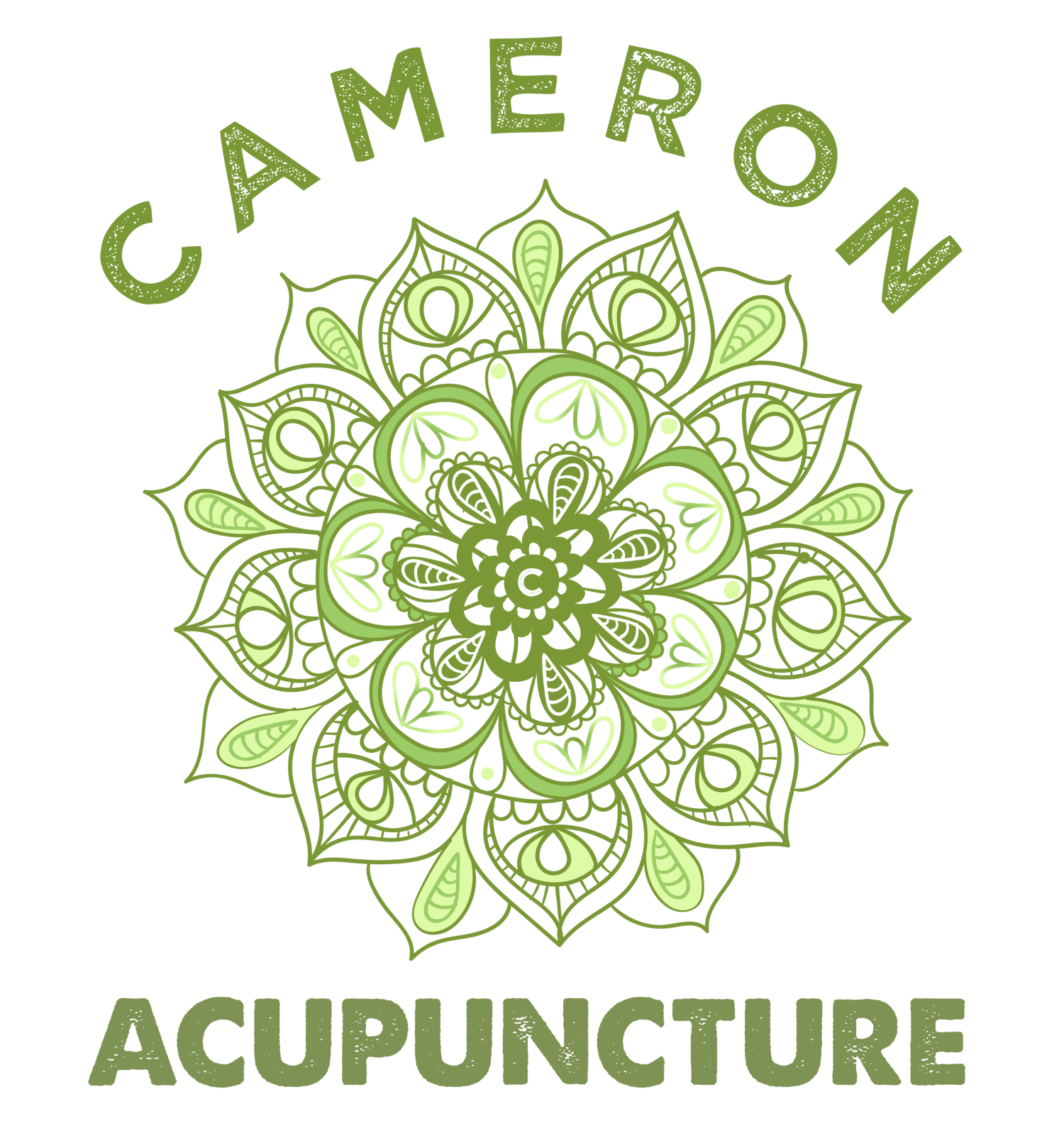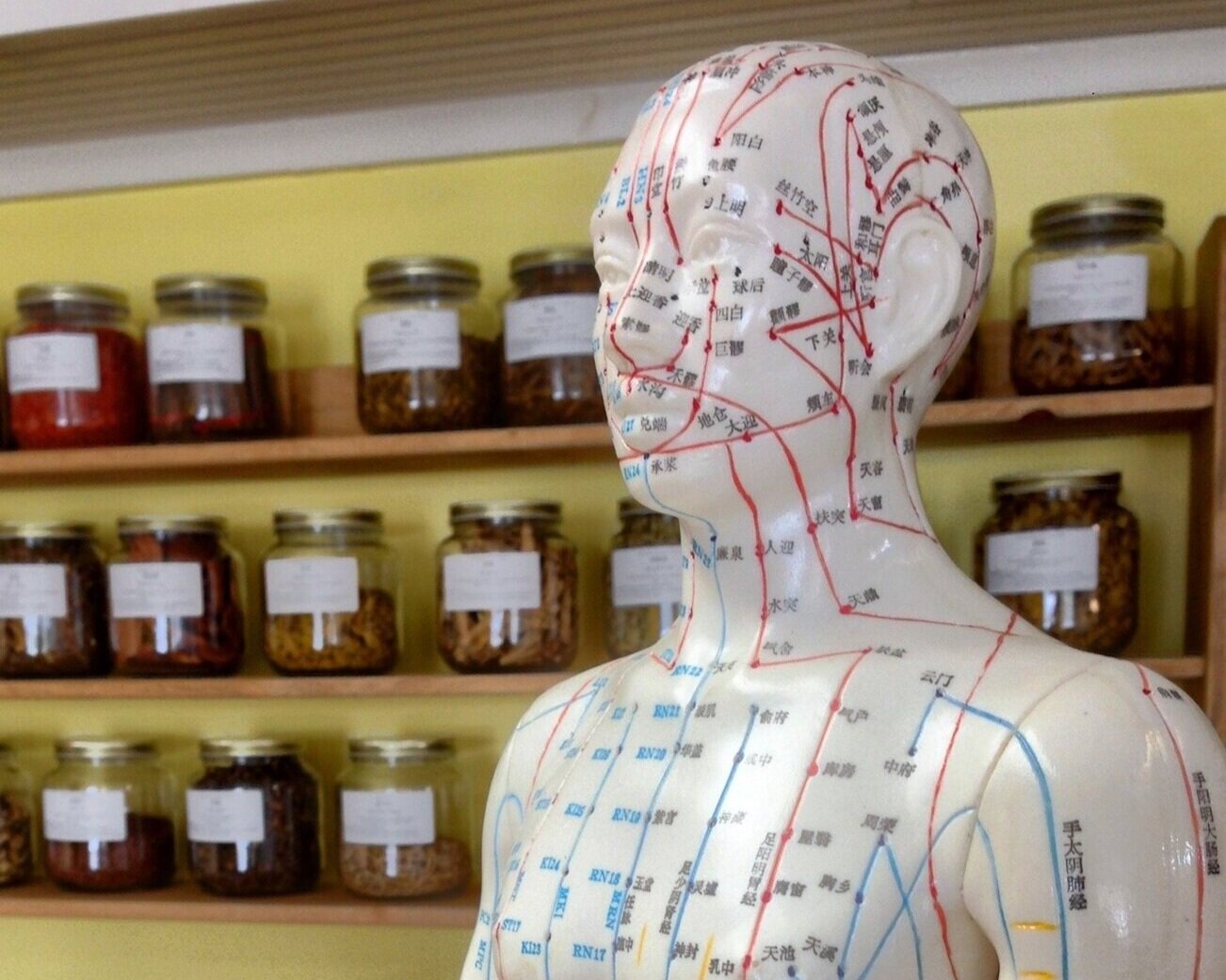Acupuncture
What is Acupuncture?
Acupuncture has been used as a primary health care system of China that can be traced back at least 6,000 years. It involves the insertion of very thin, disposable and sterilized needles into specific acupuncture points that run along a meridian to stimulate and balance the qi (energy flow). This harmony allows the body to repair itself and maintain health. Depending on the patient and the condition being treated, the number of needles inserted varies. It is a safe, painless, and effective way to treat a wide range of medical problems. Overall, acupuncture is used traditionally to prevent, diagnose and treat the disease.
What is Qi?
Qi means life energy, energy flow or life spirit, a vital force that flows through all living things. In TCM, Qi flows smoothly throughout the meridians, but when Qi is blocked or unbalanced there is pain and illness. The blockage in the movement of qi is like a dam that backs up in one area of the body and causes the flow of energy to become restricted in other areas. The acupuncture needles unblock the obstructions at the dam and reestablish the regular flow through the meridians.
Poor nutrition, physical and emotional trauma, stress, seasonal changes, environment, injuries, malfunction of a organ or overexertion are among the many things that may affect the flow of Qi through the meridians.
How Acupuncture works?
The main function of acupuncture is to regulate the circulation of qi (vital energy) and blood. By inserting and stimulating the body's various systems, acupuncture can help improve sleep, digestive function, help resolve pain, reduce inflammation, reduce stress and restores balance in the body.
Acupuncture is known to treat a wide range of disorders including neurological, cardiovascular, respiratory, endocrine, gastrointestinal, sporting injuries and psychological conditions.
According to the World Health Organization (WHO), diseases, symptoms and conditions for which acupuncture has been proven through controlled clinical trials to be an effective treatment include:
Headaches, Migraines, Stroke, Trigeminal Neuralgia, Neuropathy, Tinnitus
High Blood Pressure, Chest Pain, Cold Hands and Feet
Asthma, Rhinitis, Sinusitis, Sore Throat, Flu and Common Cold
Heartburn, GERD, IBS, Ulcerative Colitis, Constipation, Diarrhea
Gynecological Symptoms such as painful, heavy or irregular menstrual issues, menopause, amenorrhea, prolapse of uterus, fertility problems
Eczema, Psoriasis, Acne, Scar Tissue and hair loss
Sciatica, Low Back Pain, Shoulder Pain, Frozen Shoulder, Neck Pain, Rheumatoid Arthritis, Tennis Elbow
Achilles Injuries, Sprained ankle and knee and torn ligaments
Depression, Anxiety, Addictions such as smoking, PTSD, Insomnia and Sleep Apnea



